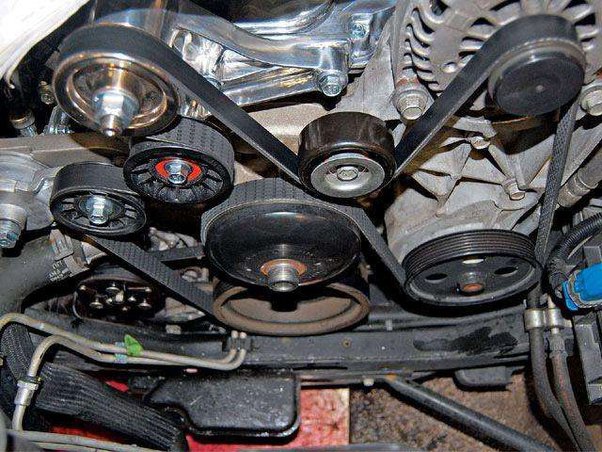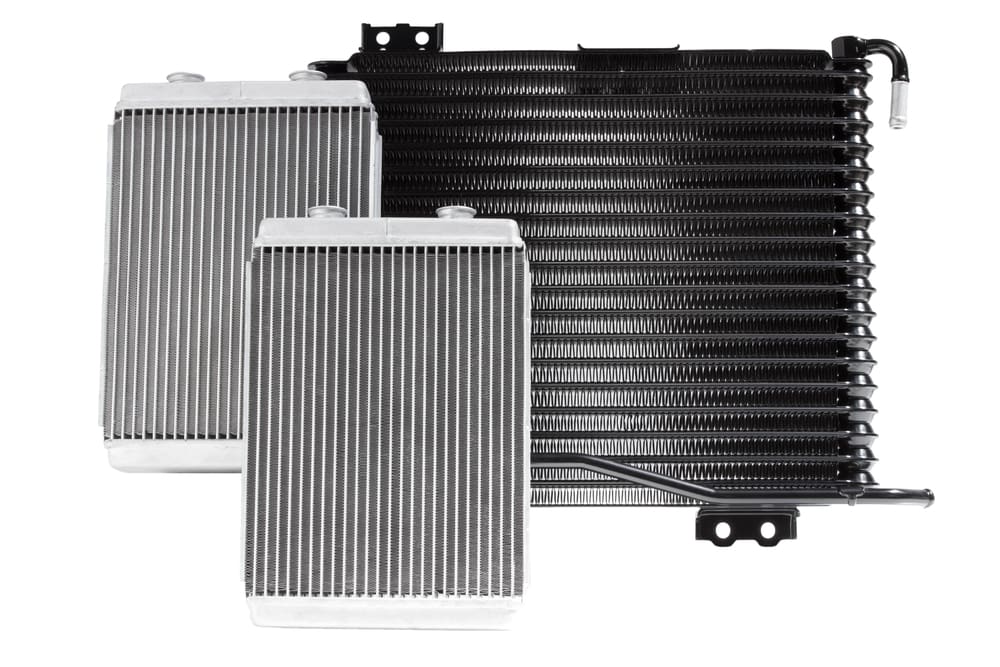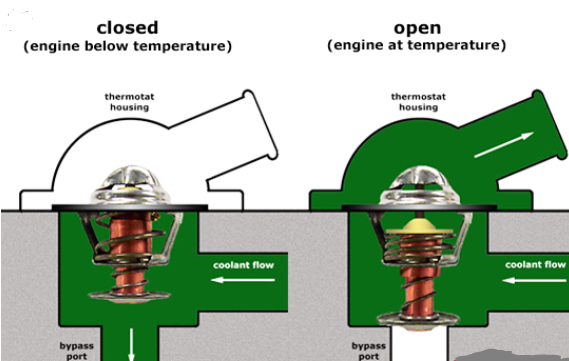How Long Do Car Repairs Take
The time it takes for car repairs can vary greatly, ranging from under an hour to several weeks. The complexity of the repair and parts availability are critical factors.
Car repairs span from quick fixes to extensive overhauls, making the duration of these repairs a frequent concern for vehicle owners. Simple maintenance tasks such as oil changes or tire rotations might take less than an hour. Conversely, complex issues like transmission repairs or collision damage can require a few days to multiple weeks, especially if specialized parts need to be ordered.
Prompt and efficient service hinges on the mechanics’ expertise, the shop’s workload, and the immediacy of parts delivery. As every repair job is unique, a precise timeframe becomes clearer only after a thorough assessment. Vehicle owners should communicate with their service providers for the most accurate time estimates, ensuring a smooth and transparent repair process.
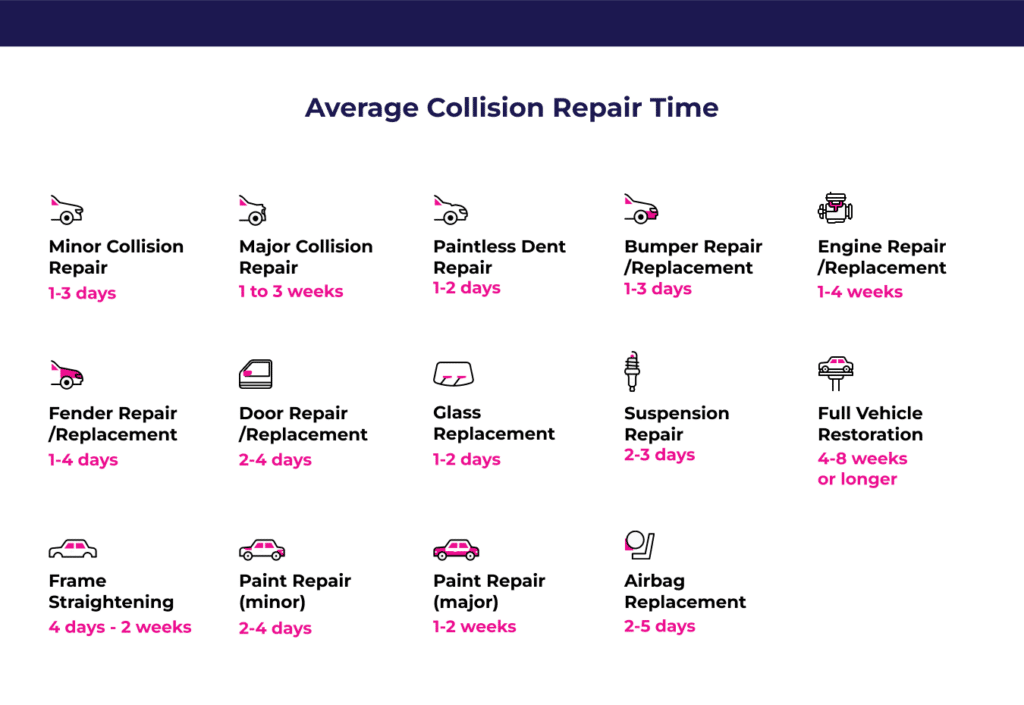
Credit: stormwisehailrepair.com
Factors Determining Car Repair Timelines
Understanding car repair timelines can save a lot of stress. Several factors determine how long a vehicle stays in the shop. Let’s explore these in detail.
Type Of Damage And Complexity
The extent of damage significantly impacts repair time. Minor dents differ from major collisions.
- Minor repairs might take a few hours.
- Severe issues could require several weeks.
Complex problems also take longer to fix. Modern cars have advanced electronics. These systems often need expert attention.
Availability Of Auto Parts
Part availability is crucial for timely repairs. Common parts are usually in stock, leading to quicker repairs. Here’s a quick overview:
| Part Type | Availability |
|---|---|
| OEM (Original Equipment Manufacturer) | May need to be ordered |
| Aftermarket | More readily available |
| Specialty or rare | Could take longer to source |
If a needed part comes from overseas, expect delays. Custom or luxury cars often require rare parts. This can extend repair timelines.
Average Duration For Common Repairs
Knowing how long car repairs might take helps in planning your routine. Simple fixes may only require a short wait. More complex problems could have your car at the shop for days. Here’s a quick look at the time it takes for some usual repairs.
Brake Work And Replacement
Brakes are vital for safety. Their repair times can vary. Brake pad replacements are generally quick. Full brake jobs, including rotors and calipers, take longer. Here are the typical timelines:
- Brake Pad Replacement: 30 min to 1 hour per axle
- Rotor Replacement: Additionally 30 min to 1 hour
- Caliper Replacement: Add another 1 to 2 hours
- Full Brake Job: 2 to 3 hours
Engine And Transmission Repairs
Engine and transmission work is complex. Repairs might take a few days. Sometimes, they could span weeks. Below are general repair durations:
| Repair Type | Duration |
|---|---|
| Minor Engine Repairs | 2 to 5 hours |
| Major Engine Overhaul | 15 to 25 hours |
| Transmission Replacement | 3 to 5 days |
It’s important to check with your mechanic. They can give a more accurate timeframe. This depends on the car type and repair complexity.
The Role Of Auto Repair Shops
Understanding how long car repairs take requires a peek into the heart of auto repair shops. These are the bustling hubs where vehicles regain their health. Each shop is different, and timing can vary greatly due to various factors. Let’s explore these aspects in detail.
Auto repair shops serve as critical checkpoints for your vehicle’s maintenance and repair. The dedicated professionals who run these places ensure your car leaves healthier and safer than when it arrived. The duration of car repairs hinges on the shop’s approach to workload and the proficiency of its technicians.
Shop Workload And Efficiency
Efficiency can make or break repair timelines. Two principal factors come into play:
- Shop Capacity: A shop loaded with cars may increase wait times.
- Flow Management: Shops that juggle tasks well keep delays minimal.
Workload impacts repair speed. A shop’s system of handling this workload, with efficient operations, helps to get cars out faster. Even with a full garage, systematic prioritization and management can cut down the wait.
Certification And Experience Of Technicians
Technician expertise is crucial for swift repairs. Here’s what to note:
- Qualifications: Certifications like ASE indicate a mastery of auto repair skills.
- Experience Level: Seasoned technicians work with precision and speed.
An auto shop staffed with certified and experienced professionals will usually complete repairs more quickly and accurately. They have the knowledge to diagnose problems promptly and the skill to fix them right the first time.
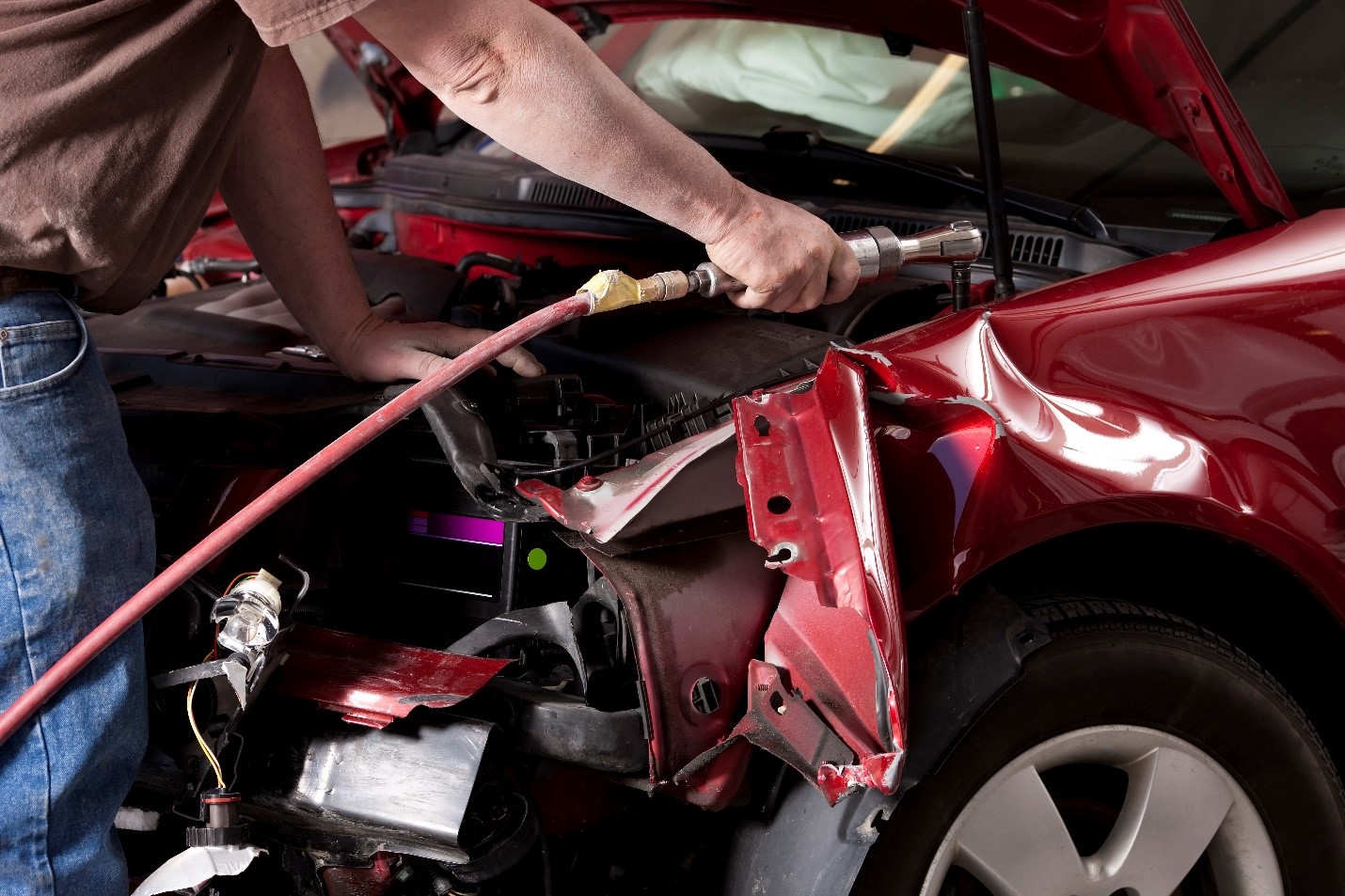
Credit: phillongbodyshop.com
Impact Of Make And Model On Repair Time
Understanding how the make and model of a vehicle influences repair time can save drivers from frustration. It affects the availability of parts, the complexity of repairs, and the expertise needed. Knowing these details ensures drivers can plan accordingly.
High-end Vehicles Vs. Economy Models
Differences in repair times between high-end vehicles and economy models are stark.
- Luxury cars often require specialized tools and parts, adding to the wait.
- Economy models often feature more common parts and simpler designs, enabling quicker repairs.
Technicians may need extra time for complex systems found in high-end vehicles. Economy models often boast more straightforward fixes.
Domestic Vs. Imported Brands
Where a car originates also plays into how long fixes might take.
| Domestic | Imported |
|---|---|
| Parts often widely available | may wait longer for parts |
| Repairs generally quicker | require specific knowledge |
Repair shops in the U.S. are usually more familiar with domestic brands. Imported brands may necessitate a mechanic with specialized expertise. This can potentially extend repair times.
Ultimately, car owners should anticipate longer waits for certain makes and models. By understanding these variables, drivers can better manage their time and expectations.
Customer Actions And Repair Timelines
Understanding car repairs is essential when you’re without your vehicle. Customer actions significantly influence repair timelines. Your response can speed up or slow down the process. Let’s explore how you can impact repair times.
Providing Prompt Authorization
After a mechanic assesses your car, they will seek approval for the work. Responding quickly to this can make a big difference. Here’s what to do:
- Review the repair plan immediately.
- Ask any questions to clear doubts.
- Give your authorization without delay.
Timely approval ensures repairs start quickly.
Dealing With Insurance Delays
Insurance claims can introduce delays. Following these steps can help:
| Action | Impact |
|---|---|
| Submit claim promptly. | Reduces waiting time for the assessment. |
| Communicate efficiently. | Helps avoid back-and-forth with the insurer. |
| Document everything. | Makes information readily available. |
Proactive communication with your insurer can prevent unnecessary delays.
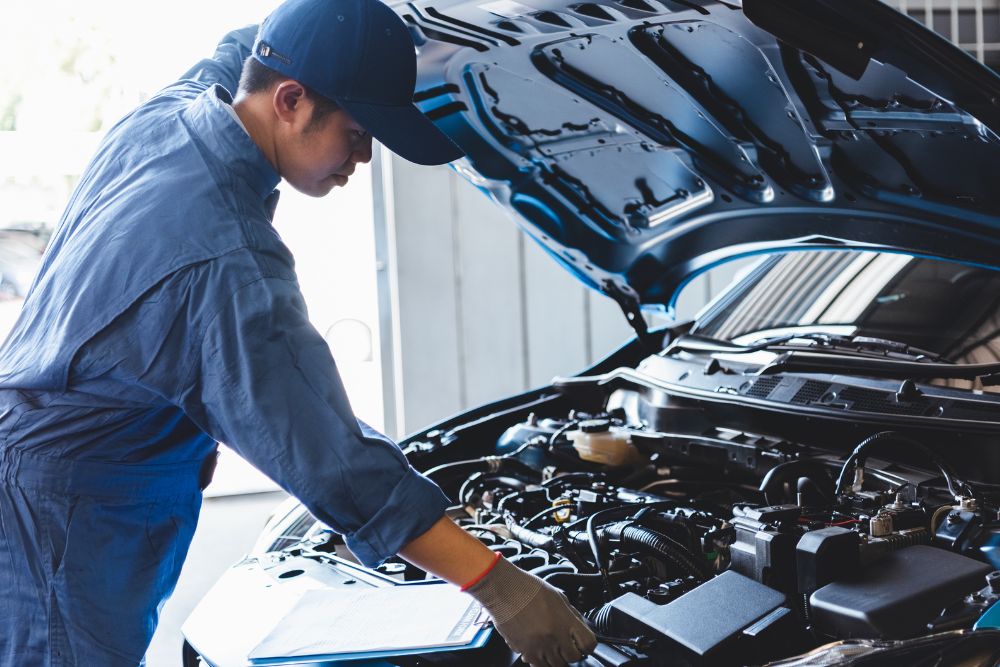
Credit: zimaautomotive.com
Frequently Asked Questions Of How Long Do Car Repairs Take
What Factors Affect Car Repair Times?
Repair times can vary depending on several factors such as the severity of damage, availability of parts, type of vehicle, and the repair shop’s schedule and efficiency. More complex issues generally take longer to fix.
Can I Expedite My Vehicle’s Repair Process?
Sometimes, expedited repairs are possible through priority services or by pre-booking. However, this depends on the shop’s policies and current workload. Communicating your urgency clearly can help speed up the process.
How Are Repair Time Estimates Determined?
Mechanics often use industry standard guidelines combined with their experience to estimate repair times. They consider the job’s complexity, their skill level, and potential complications that could arise during the repair.
Are Same-day Car Repairs Feasible?
Same-day repairs are possible but typically only for minor issues like oil changes, tire repairs or replacement, and basic maintenance. Major repairs usually require more time to diagnose and fix.
Conclusion
Time is precious, especially when it comes to car repairs. Every repair job is unique, with varying timeframes depending on complexity and parts availability. Remember, good communication with your mechanic can provide a clearer timeline and help manage expectations. So, when you’re sidelined by vehicle trouble, trust that skilled professionals are working to get you back on the road safely and swiftly.


